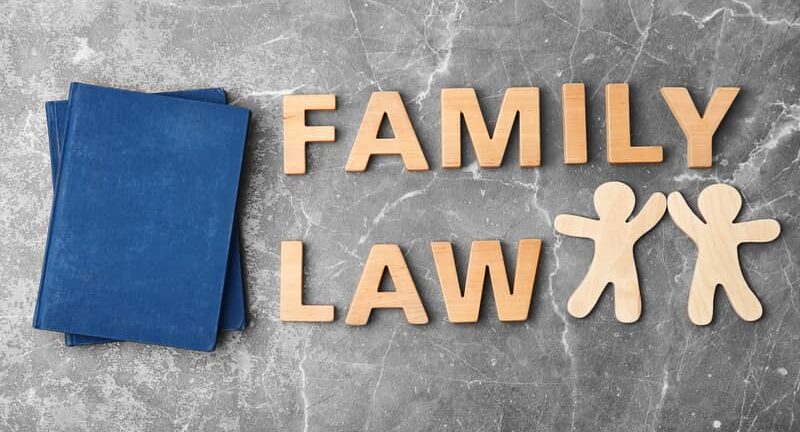
 In North Carolina, a domestic violence protective order (DPVO) is a civil relief that is filed in district court. It permits the court to order an alleged abuser to do or refrain from doing certain acts as it relates to the plaintiff. Obtaining a DPVO requires the plaintiff to show that domestic abuse is being committed. In addition, the plaintiff must show a present or past personal relationship between themselves and the alleged abuser (among other requirements). The process for obtaining a DVPO has been streamlined for average citizens to take advantage of it to protect themselves.
In North Carolina, a domestic violence protective order (DPVO) is a civil relief that is filed in district court. It permits the court to order an alleged abuser to do or refrain from doing certain acts as it relates to the plaintiff. Obtaining a DPVO requires the plaintiff to show that domestic abuse is being committed. In addition, the plaintiff must show a present or past personal relationship between themselves and the alleged abuser (among other requirements). The process for obtaining a DVPO has been streamlined for average citizens to take advantage of it to protect themselves.
How to Obtain a DVPO
A plaintiff must go to their district court to file DVPO forms. If the plaintiff requires filing outside of business hours, they may go to a magistrate. If the plaintiff requires an emergency filing, then the DVPO may advance as an ex parte filing. The ex parte filing will apply for a temporary order, and will not require the presence of the alleged abuser when the temporary order is issued. The DVPO also provides for temporary custody by the plaintiff if there are children involved. In addition, the alleged abuser must surrender all firearms. There are no fees associated with filing a DVPO in North Carolina. After filing for the DVPO, the plaintiff must take the forms to the sheriff’s department. In turn, the sheriff’s department will serve the defendant with the complaint and a summons to appear in court. Thereafter, a hearing is scheduled on the merits of the case where the plaintiff must show evidence that the alleged abusive acts were actually committed.
DVPO Requirements
To obtain a DVPO, the plaintiff must show domestic violence from an individual with whom the plaintiff has a personal relationship. In North Carolina, domestic violence is defined as attempts to cause bodily injury; intentionally causing injury; imminent fear of serious bodily injury; continued harassment that causes emotional distress, etc. These actions include those that are inflicted on a minor. In addition, teenagers who are under the age of 18 may have their parents or guardian file the DVPO on their behalf. The personal relationship requirement is widely construed to include spousal, familial, roommate and dating relationships.
The Effect of a Standing DPVO
The effect of a standing DVPO is wide-reaching. A judge can order the defendant to do certain acts and/or refrain from doing certain acts, including:
- Order the defendant to refrain from assaults, threats and harassment
- Require that law enforcement remove the defendant from a shared home
- Order the defendant to stay away from the plaintiff’s home, school or place of work
- Order the defendant to make support payments
- Order the defendant to forfeit any firearms or other weapons
- Any such order as the judge may see fit for the situation
North Carolina Domestic Violence Lawyers
Domestic violence is a serious matter. To be sure, these matters are some of the most volatile legal issues in the realm of family law. The attorneys at Powers Landreth PLLC have years of experience dealing with North Carolina domestic violence laws and DVPO issues. We know that keeping you and your family protected is top priority. As such, it is imperative to seek the assistance of an experienced DVPO attorney.
Resources:
nccourts.org/forms/Documents/696.pdf
ncleg.net/enactedlegislation/statutes/html/bychapter/chapter_50b.html
Related Posts
Equitable Adoption in North Carolina
The doctrine of Equitable Adoption is a judicially created “equitable” remedy...
Domestic Violence and the LGBT+ Community
According to the National Coalition Against Domestic Violence, LGBT+ persons are...

